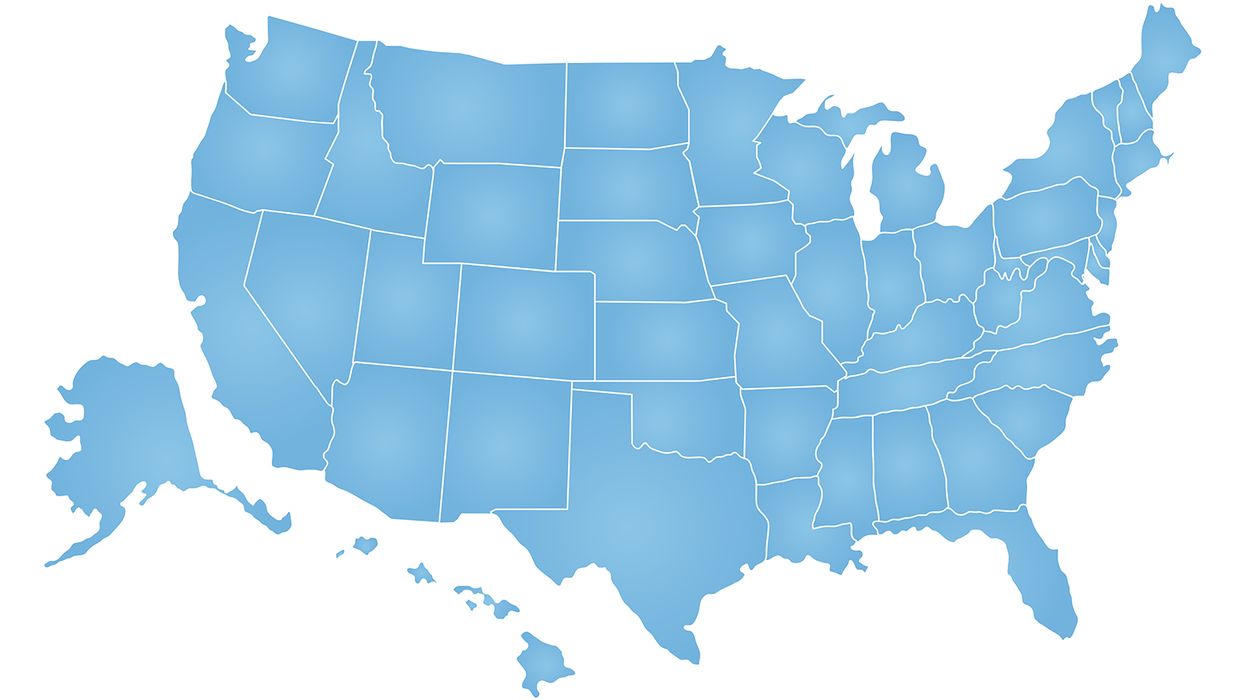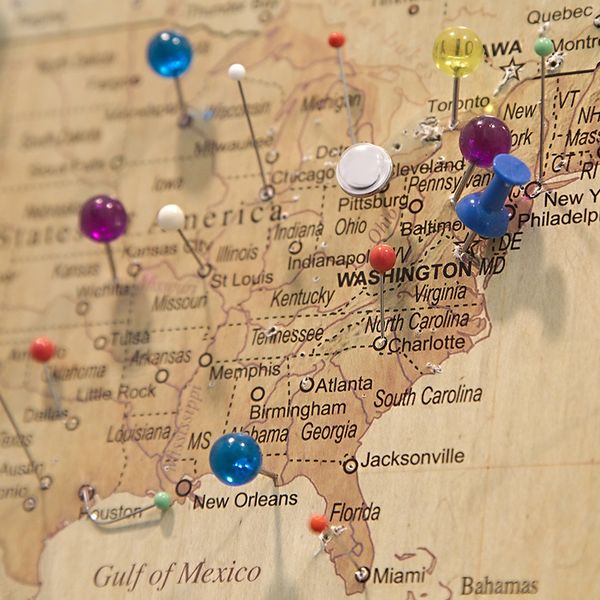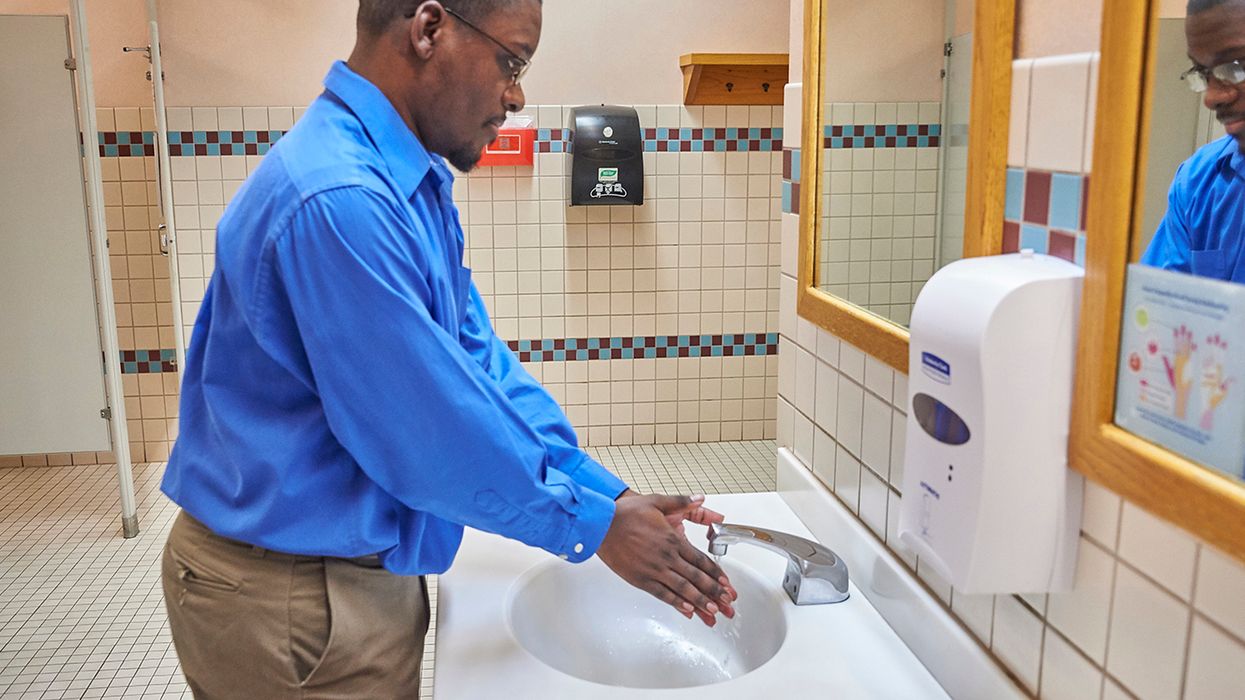Determining which state employment law applies can be tricky
With many employees working remotely, employers need to understand which state laws apply to a given situation. Usually, the employment laws of the state in which the employee works govern. While this is often true, sometimes, the law of the state where the employment is based applies.
New Jersey or Pennsylvania?
Take the case of Inna, who worked from her home in New Jersey for a company located in Pennsylvania. Inna had worked remotely for years, but the company began requiring employees to work from the office.
In January 2023, Inna had surgery. She used about two sick days per week during her recovery. Sangeeta, Inna’s supervisor, told her that she had to use leave under the Family and Medical Leave Act (FMLA) after her surgery.
Despite having prior approval to work from home until June 2023, Inna submitted a physician’s note, and the employer approved her remote work only through May 13, 2023. The employer shortened the approval again when Sangeeta told Inna on April 14, 2023, that as of May 1, 2023, she had to be on-site three days per week because of her position.
Employee fired, sued
On June 21, 2023, the company fired Inna. Inna sued claiming that the employer violated the New Jersey Conscientious Employee Protection Act (CEPA) and New Jersey Law Against Discrimination (NJLAD) when it fired her for invoking her disability leave rights. She also objected to the unlawful and discriminatory activity of her supervisors.
Court ruled in employer’s favor
The employer asked the court to dismiss the case because New Jersey was not Inna’s state of employment, rather, it was Pennsylvania where the company was based. The court agreed with the employer’s argument, even though typically courts look to the state in which an employee is performing work, which in this case was New Jersey.
The court held that, regardless of where an employee lives, CEPA and NJLAD are only applicable to situations in which New Jersey is the state of employment or where the employee “has significant employment responsibilities in New Jersey.”
While New Jersey courts have consistently applied the law of the state of employment to claims of workplace discrimination, an exception might apply when an out-of-state employer has involved non-trivial employment responsibilities in New Jersey. Inna’s company did not conduct any business in New Jersey or target New Jersey in any purposeful way.
The court found that Inna could not file a claim under New Jersey law because she:
- Was hired to work exclusively in Pennsylvania,
- Had no responsibilities outside of the company’s Pennsylvania offices, and
- Worked only with and reported to individuals in the Pennsylvania office.
Takeaways for all employers
Not all claims are the same. Discrimination claims might have a different focus than other types of claims. Similarly, not all courts rule the same way. This is a unique case.
Generally, employers should still apply the employment laws that are relevant to the state in which an employee works — even if they’re working remotely in a different state.
If, for example, a remote employee works in a state with a paid leave law and qualifies for leave, the employer would grant the employee the related leave, even if the state in which the employer is headquartered doesn’t have paid leave.
Khartchenko v. The American Oncologic Hospital, Inc., et al., District of New Jersey, No. 23-cv-23043, November 20, 2024.
Key to remember: Employment law jurisdiction can be complex. In certain situations, the employment laws of the state in which the employee is physically working might not apply.




















































